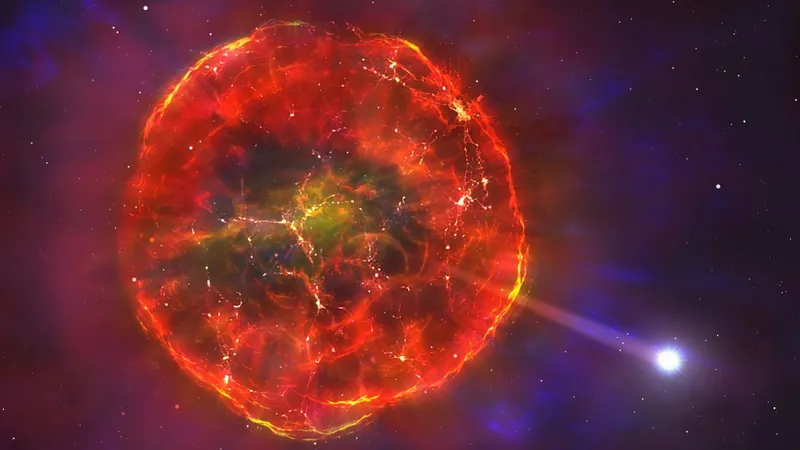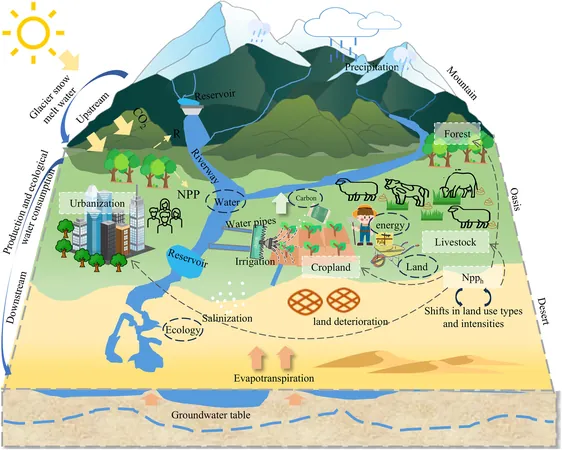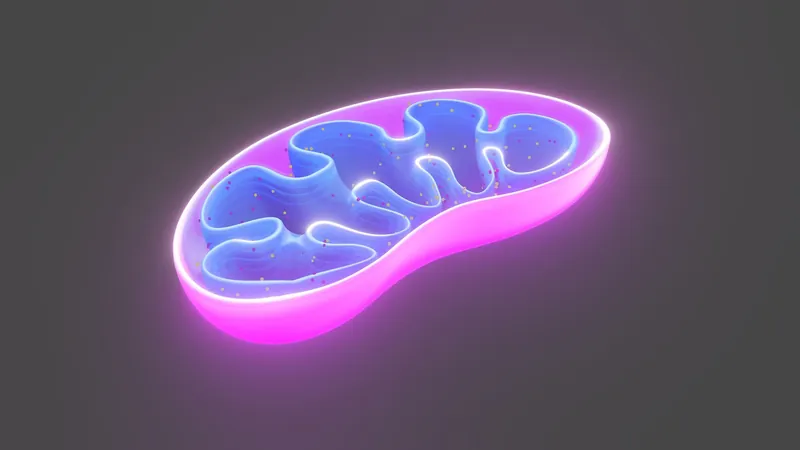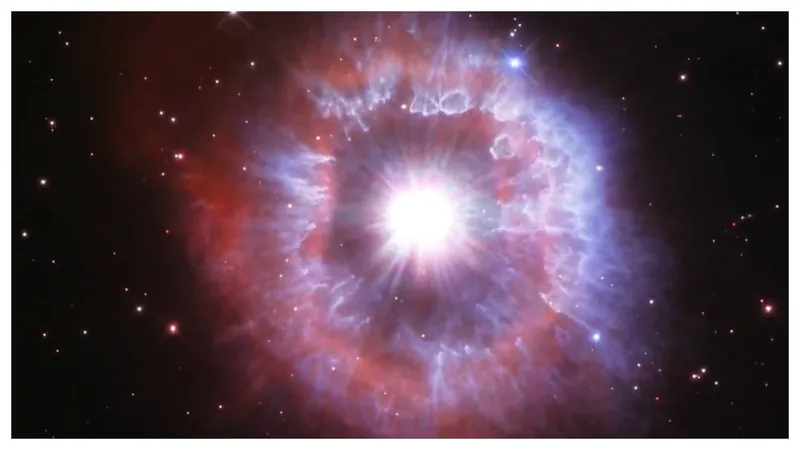
Did the Universe's First Supernovas Create Water, Laying the Groundwork for Life Just After the Big Bang?
2025-01-22
Author: Wei Ling
Did the Universe's First Supernovas Create Water, Laying the Groundwork for Life Just After the Big Bang?
Recent simulations have opened up an exciting possibility: the first supernovas in the universe may have released vast amounts of water, potentially enabling life to emerge a mere 100 million years after the Big Bang.
The implications of this theory are monumental but they pose significant challenges to our current understanding of cosmic evolution and will require robust evidence to validate.
NASA has noted that water is one of the most abundant compounds in the cosmos, with its presence detected throughout the solar system. From the icy caps of Mercury to the subsurface oceans of icy moons like Europa, and even on distant exoplanets, water's pervasive nature raises intriguing questions about life beyond Earth.
Traditionally, scientists believed that cosmic water accumulated over billions of years through a gradual synthesis of hydrogen and oxygen—elements forged in stellar interiors and released during supernova events. However, the latest study, which was uploaded to the preprint server arXiv, examined the explosive demise of massive stars known as population III stars, each with a mass equivalent to approximately 200 suns. The results indicate that these cataclysms could create perfect conditions for water formation.
Remarkably, the simulations suggest that water produced from these ancient stellar explosions could have had concentrations up to 30 times higher than what is commonly observed in our galaxy's interstellar regions. This potential surplus of water raises the tantalizing prospect that it played a critical role in the formation of early galaxies. "These findings indicate that a fundamental ingredient for life likely existed in the universe around 100 to 200 million years after the Big Bang," the researchers noted.
Despite this groundbreaking theory, skepticism remains due to a lack of direct observations of the population III stars. To date, only indirect evidence has been gathered by studying the stars birthed from their remains, leaving us with an incomplete understanding of these early cosmic players.
Furthermore, if early supernovas indeed generated abundant water, one might question why we don't see more water in the universe today. Some scientists propose that a "drying-out" phase may have occurred, where significant quantities of water were lost, although the mechanisms behind such an event remain elusive.
Additionally, the effects of ionization and other astrophysical processes could have led to the breakdown of these primordial water molecules, suggesting that the water generated by early supernovas may not have persisted for long.
In conclusion, while the existence of water in the early universe is exhilarating and offers a potential starting point for life, it doesn’t assure us that extraterrestrial life actually emerged. The quest to comprehend the origins and evolution of water in the cosmos continues as researchers delve deeper into the enigmatic origins of the universe itself. Will we find definitive proof of water's role in life beyond our planet? The adventure into the astral unknown is just beginning!



 Brasil (PT)
Brasil (PT)
 Canada (EN)
Canada (EN)
 Chile (ES)
Chile (ES)
 Česko (CS)
Česko (CS)
 대한민국 (KO)
대한민국 (KO)
 España (ES)
España (ES)
 France (FR)
France (FR)
 Hong Kong (EN)
Hong Kong (EN)
 Italia (IT)
Italia (IT)
 日本 (JA)
日本 (JA)
 Magyarország (HU)
Magyarország (HU)
 Norge (NO)
Norge (NO)
 Polska (PL)
Polska (PL)
 Schweiz (DE)
Schweiz (DE)
 Singapore (EN)
Singapore (EN)
 Sverige (SV)
Sverige (SV)
 Suomi (FI)
Suomi (FI)
 Türkiye (TR)
Türkiye (TR)
 الإمارات العربية المتحدة (AR)
الإمارات العربية المتحدة (AR)